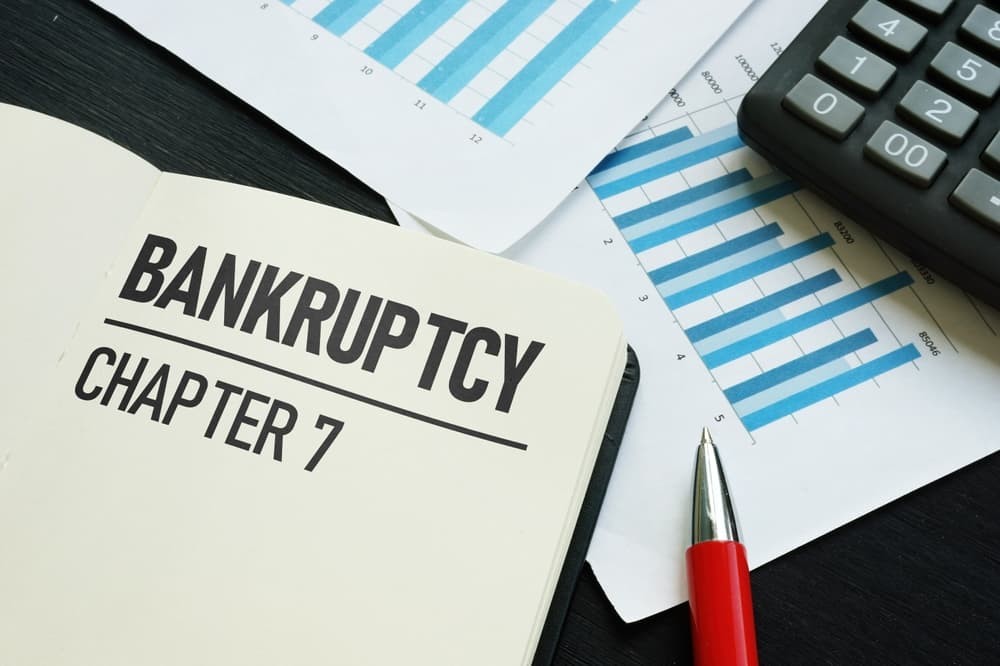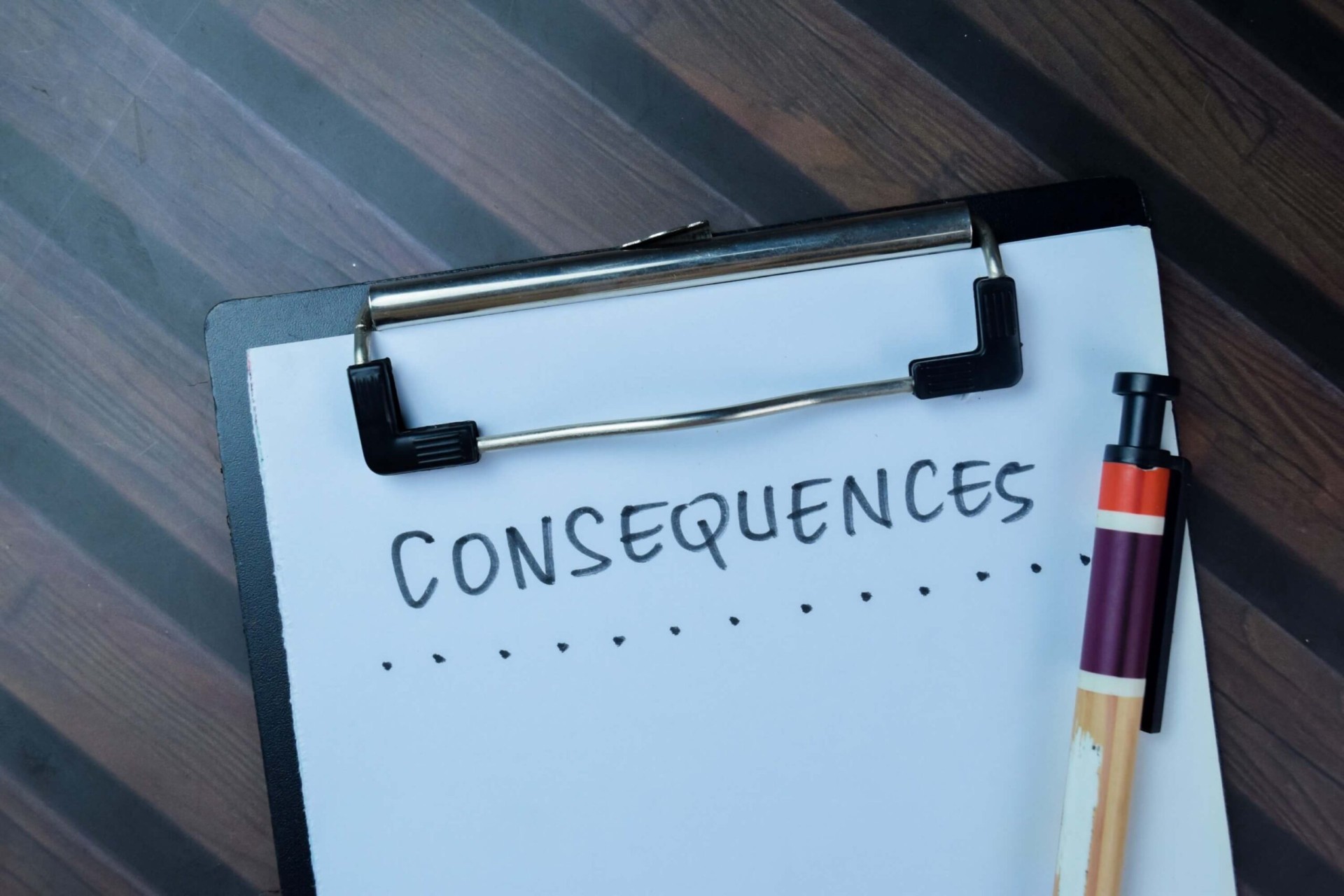When a co-signer files for bankruptcy, it often brings uncertainty and concern for the primary borrower. Filing for bankruptcy may relieve the co-signer of their financial obligations, but it does not absolve the primary borrower of the responsibility to repay the loan. This shift in responsibility could lead to an increase in pressure on the borrower to ensure timely payments, potentially affecting their credit score and financial standing.
The impact on the borrower also depends on the type of bankruptcy filed. If the co-signer files for Chapter 7, the lender might approach the primary borrower for full repayment, as Chapter 7 typically discharges most debts. If it’s Chapter 13, a repayment plan is established, potentially providing some relief but varying depending on the agreed terms.
It’s essential for borrowers to review their loan agreements and consult with financial or legal advisors when facing this scenario. They might explore options such as refinancing or negotiating with the lender to better manage the changed circumstances. Understanding these dynamics can help provide clarity in navigating the effects on one’s financial landscape.

Understanding the Role and Risks of a Co-Signer
Co-signing a loan involves a significant commitment. The co-signer agrees to take responsibility if the primary borrower fails to meet their obligations. This section explores what it means to be a co-signer and the responsibilities involved.
Who Is a Co-Signer?
A co-signer is someone who agrees to take responsibility for another person’s debt if they fail to pay. Typically, this involves family members or close friends who trust the borrower’s ability to repay the debt.
The role of a co-signer is essential for borrowers who have poor or insufficient credit history. Lenders may request a co-signer to mitigate the risk associated with lending. Co-signers offer the lender additional assurance that the loan will be repaid.
Co-signing can help individuals secure loans or credit cards they might not otherwise qualify for. Yet, it also means the co-signer’s credit can be affected. If the primary borrower fails to make payments, the co-signer becomes liable.
Responsibilities of a Co-Signer
Being a co-signer comes with specific obligations. If the borrower defaults, the co-signer is legally responsible for repaying the debt. This includes not only the principal amount but also additional fees or penalties incurred.
A co-signer’s credit score is impacted by payment activity, as they share responsibility for the loan. Late or missed payments can harm their credit rating. This financial liability can also affect the co-signer’s future borrowing capacity and financial planning.
It’s crucial for a co-signer to assess the borrower’s financial situation and reliability. Understanding the loan terms is key, so they need to be fully aware of the risks. Co-signers should consider seeking legal advice to fully comprehend their obligations.
The Impact of a Co-Signer Filing Bankruptcy
Chapter 7 Bankruptcy involves liquidating assets to discharge unsecured debts. When a co-signer files for Chapter 7, it can impact both the primary borrower and the co-signer differently. The primary borrower often faces direct financial implications, while the co-signer may encounter legal and credit-related consequences.
Co-Signer Bankruptcy Effects on the Primary Borrower
If a co-signer files for Chapter 7 Bankruptcy, the primary borrower’s obligations remain unchanged. The lender may pursue the primary borrower for the full loan balance if the co-signer’s assets are liquidated. Due to the bankruptcy filing, the lender might reassess the loan terms to mitigate risk, which could lead to stricter payment plans or increased interest rates.
Additionally, the bankruptcy may appear on the primary borrower’s credit report, especially if they miss payments following the co-signer’s filing. If the borrower previously relied on the co-signer’s financial support, they might need to explore alternative payment arrangements. Maintaining consistent communication with the lender can help manage these changes effectively.
Potential Consequences for the Co-Signer

For the co-signer, Chapter 7 Bankruptcy can have significant consequences. Their credit score is likely to decline due to the bankruptcy filing. They may also lose assets in the liquidation process, affecting their financial stability. Legal proceedings initiated by creditors may also add to their challenges, though the bankruptcy can eventually discharge many personal debts.
The co-signer’s future borrowing capacity might become limited, as lenders view them as higher risk post-bankruptcy. Despite these challenges, the process offers a reset by eliminating certain unsecured debts. It is crucial for the co-signer to consult legal and financial advisors to navigate the bankruptcy process and its aftermath efficiently.
Navigating the Aftermath of a Co-Signer’s Bankruptcy
When a co-signer files for bankruptcy, it can have significant implications on the primary borrower’s financial responsibilities. Understanding the necessary steps to take and seeking professional advice are essential to safeguard one’s financial position.
Co-Signer Chapter 7 Responsibilities and Immediate Actions
If a co-signer enters bankruptcy, the primary borrower should first review the terms of their loan agreement. It might reveal how bankruptcy affects their loan. Keeping up with payments becomes critical to protect their credit score.
Communicating with the lender is important. They can explain potential changes to the loan terms or payment schedule. Some lenders might require reassessment of the borrower’s financial situation to ensure continued loan support.
Monitoring one’s credit report will help the borrower identify any unusual changes. Errors related to the co-signer’s bankruptcy could impact their credit, so these should be disputed immediately. Keeping organized records will also make it easier to address future issues that may arise.
The Importance of Legal Consultation
Engaging a bankruptcy attorney is crucial in this situation. An attorney can clarify the impact of the co-signer’s bankruptcy on the borrower’s obligations and provide guidance on legal rights.
An attorney from DebtPros can help in negotiating with the lender for revised terms. We can also advise on any protection available under the law, ensuring that the borrower is not unfairly burdened by the co-signer’s financial difficulties.
Understanding the types of bankruptcy, such as Chapter 7, with professional assistance will further prepare the primary borrower for any changes. Your attorney will ensure that all actions comply with legal regulations, minimizing risks for the primary borrower.
Why Partner with DebtPros
DebtPros offers dedicated legal assistance tailored to individual client needs. Our team understands the complexities of co-signer responsibilities, especially under Chapter 7 bankruptcy situations.
Comprehensive guidance is provided throughout the legal proceedings. Our firm’s attorneys specialize in navigating the intricate legal landscape, ensuring that clients are well informed about their options.
Our firm’s focus on client-specific situations means that each case receives personalized attention. This approach helps in addressing unique circumstances, such as a co-signer facing bankruptcy, with care and precision.
A commitment to clear communication ensures clients know what to expect. You will receive regular updates, which contribute to an understanding of the process and potential outcomes.
DebtPros emphasizes the importance of strategic planning. By working with clients closely, we develop solutions that align with their best interests, making the journey through bankruptcy manageable and stress-free. Contact Us today!


